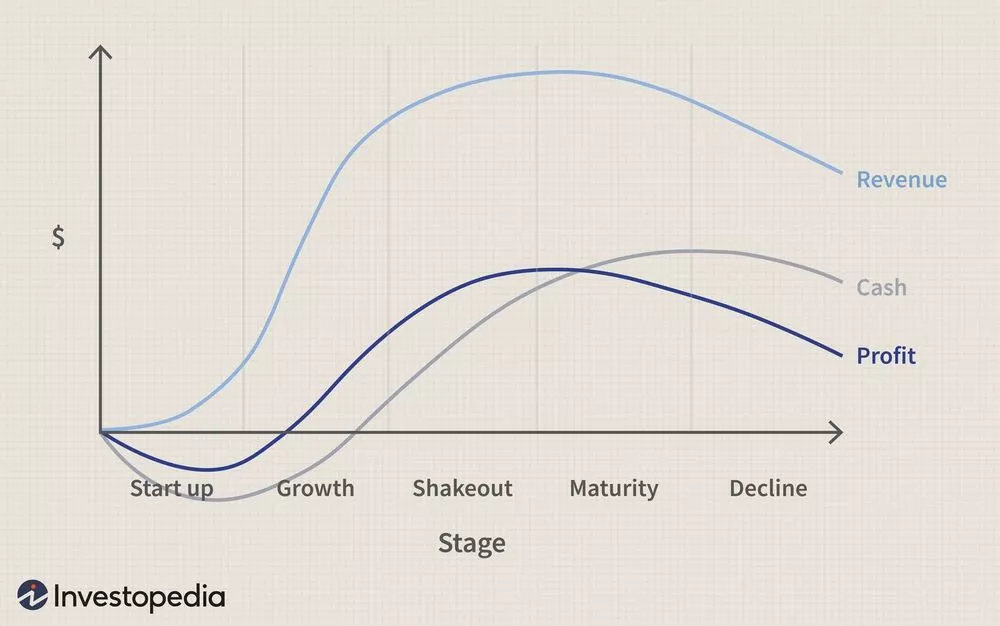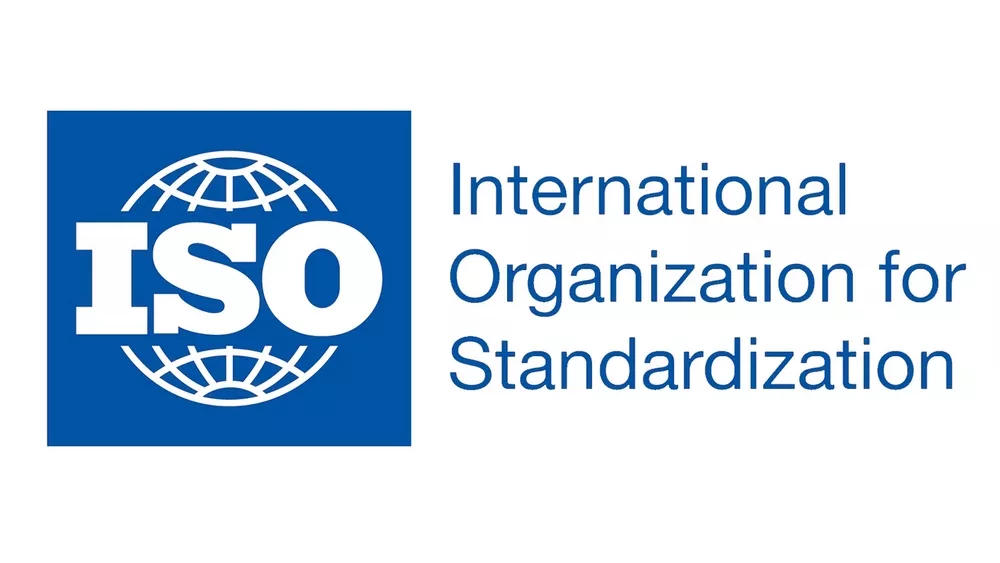The four stages of an industry life cycle and how businesses can adapt industries go through in order to mature. The stages of the industrial life cycle are:
If you’re need to look for best site write about Marketing channels and effective marketing strategies, you can always use a website like Greesys. Greesys.com is a platform which provides a strategic marketing guide for new and emerging business owners without formal business training. With extensive guide, you may finally witness your marketing efforts reaping rewards.
Introduction: This is the stage where the industry is new and businesses are trying to establish themselves. There is a lot of competition and businesses are trying to find their niche.
Growth: This is the stage where the industry is starting to grow and become more established. Competition is still strong, but businesses are starting to find their place in the market.
Maturity: This is the stage where the industry is more established and competition has begun to decline. businesses are now more focused on maintaining their market share and profitability.
Decline: This is the stage where the industry is in decline and competition is no longer as strong. Businesses are now focused on survival and typically consolidation occurs in this stage.
Each stage of the industrial life cycle presents different challenges and opportunities for businesses. It is important for businesses to understand the stage that their industry is in order to be able to adapt and take advantage of the opportunities that are present.
Businesses in the introduction stage need to focus on establishing themselves in the market. This means that they need to find their niche and differentiate themselves from the competition. They also need to build awareness of their brand and product.
Businesses in the growth stage need to focus on continuing to grow their market share. They need to expand their operations and continue to differentiate themselves from the competition. They also need to build brand loyalty among their customer base.
Businesses in the maturity stage need to focus on maintaining their market share and profitability. They need to find ways to cut costs and improve efficiency. They also need to focus on innovation in order to stay ahead of the competition.
Businesses in the decline stage need to focus on survival. They need to find ways to cut costs and improve efficiency. They also need to focus on innovation in order to stay ahead of the competition. In some cases, businesses may need to exit the market altogether.
The industrial life cycle is an important concept for businesses to understand. Each stage presents different challenges and opportunities. businesses need to be aware of the stage that their industry is in order to be able to adapt and take advantage of the opportunities that are present.


